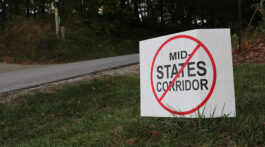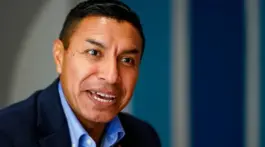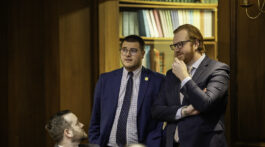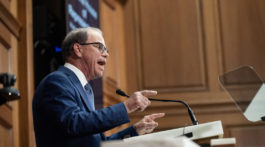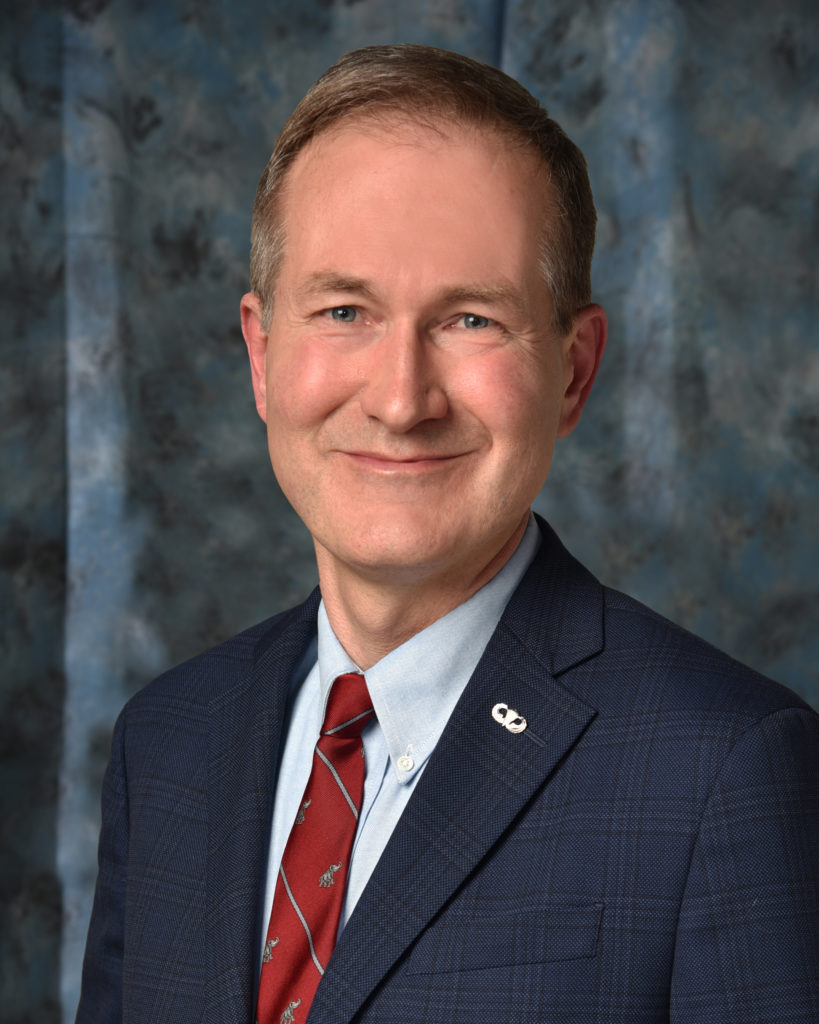by Nate LaMar
As a young Lieutenant, I served in a very atypical assignment, for which I was sent to the Defense Language Institute in Monterey, CA to learn German, followed by the Individual Terrorism Awareness Course at Fort Bragg (now Fort Liberty), NC. This was in preparation for being sent to a joint unit at the grassroots level of the North Atlantic Treaty Organization (NATO). We were 40 US Armysoldiers stationed at a remote site, which was actually a Bundeswehr Kaserne (German Army base) with 2,000 German soldiers. There was no post exchange (PX), norcommissary, nor American housing compound. I lived “on the economy” on the top floor of an apartment building with entirely German neighbors. Serving as liaison/linguist officer with our German Army hosts, around 80% of my time was spent speaking German. In a position with Top Secret clearance, I was occasionally in civilian clothing, instead of a uniform,and with longer hair, during and after the Gulf War.
Under the Status of Forces Agreement (SOFA), the Bundeswehr provided each US Army soldier at joint remote sites up totwo free train tickets per month anywhere in Germany on the Deutsche Bahn (German Rail) – the best rail system in the world, as it serves almost every corner of the country! On weekends not in the field or serving as duty officer, it allowed me to explore Germany from top to bottom (I also visited every neighboring country). As the Iron Curtain and Berlin Wall had fallen, I often visited Berlin and parts of former East Germany. Traveling well beyondtourist sites, and often getting out of my comfort zone (i.e. – exploring abandoned Soviet bases), gave me a deep appreciation not only for the defeat of Naziism, but also for the defeat of Communism in Europe.
Headquartered in Brussels, NATO was founded in 1949 as an alliance to counterthe former Soviet Union, and its fellow Communist satellite countries in Eastern Europe.Now 32 countries strong, NATO today includes all of these former satellites throughout Eastern Europe, along with some constituent parts of the former Soviet Union itself, such as Estonia, Latvia, and Lithuania. NATO’s most recent members include Finland and Sweden, historically neutral countriesspooked by Russia’s 2022 invasion of Ukraine, who therefore immediately applied for NATO membership. Having an 832-mile border with Putin’s Russia, Finland is now NATO’s “front-line state” (National Defense, June 2024). Others with NATO membership interest include Bosnia & Herzegovina, Georgia, and Ukraine.With exceptions of Cyprus, Kosovo, and Russian satellite, Belarus, European countries who are not members of NATO are members of NATO’s Partnership for Peace, which also includesthe three countries of the Caucasus and the five “stans” of former Soviet Central Asia.
As a young Lieutenantserving in a joint unit, never did I dream that someday I would representa civilian employer on NATO’s Industrial Advisory Group (NIAG), where we engaged in deep-dive studies of emerging technologies for interoperability among NATO members’ militaries.For another previous employer, I dealt with NATO’s Support & Procurement Agency (NSPA) in Luxembourg.
This year’s 75thNATO Summit will take place in Washington DC from July 9-11.The summit will happen amidst the dual specter of isolationism and protectionism infecting aPresidential election between two elderly non-veterans representing the extremes of each of their parties.Politics MUST stop at the water’s edge. We cannot sell-out Ukraine, Israel, or Taiwan. As I keep a close eye on the proceedings of the summit, I pray that cooler heads will prevail, and that the US will, to paraphrase Matthew 5:14, continue to serve as the shining city on a hill, as leader of NATO and the Free World.
Nate LaMar, an international director, also served as Henry County Council President 2009-2019.





